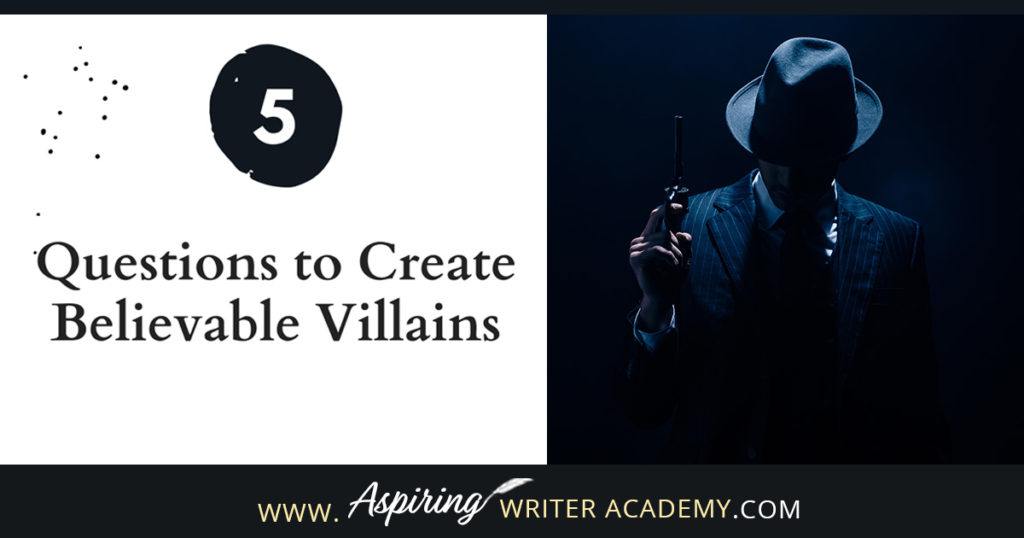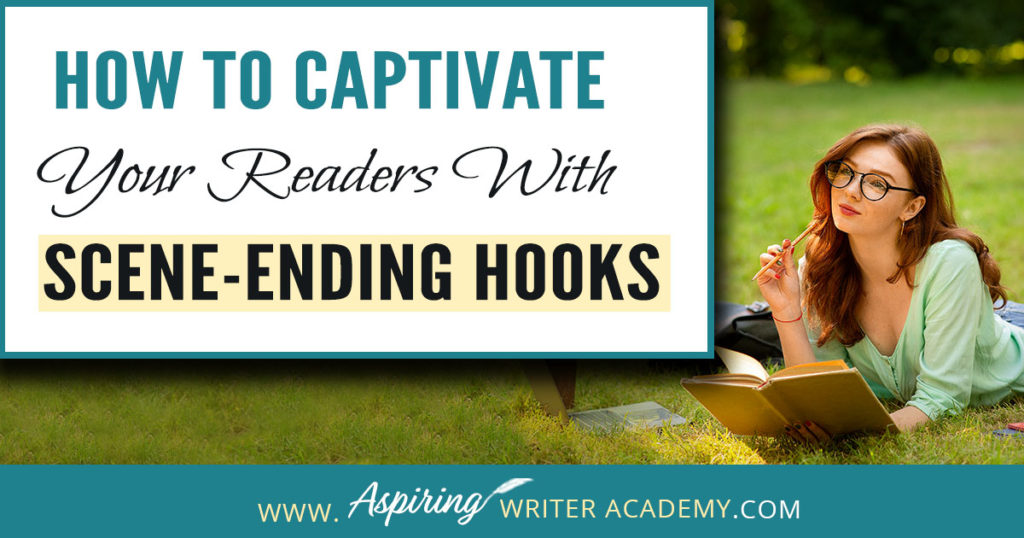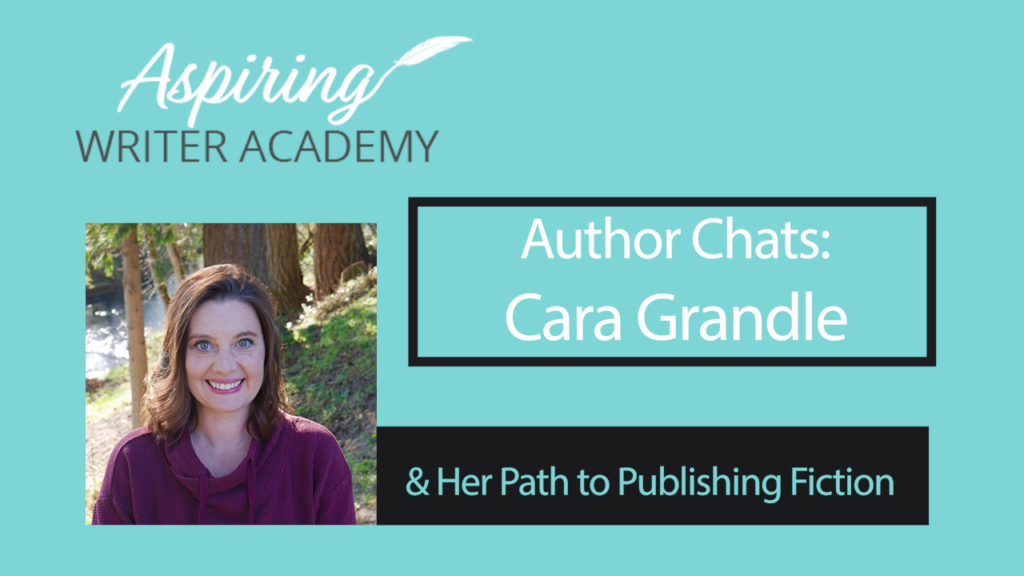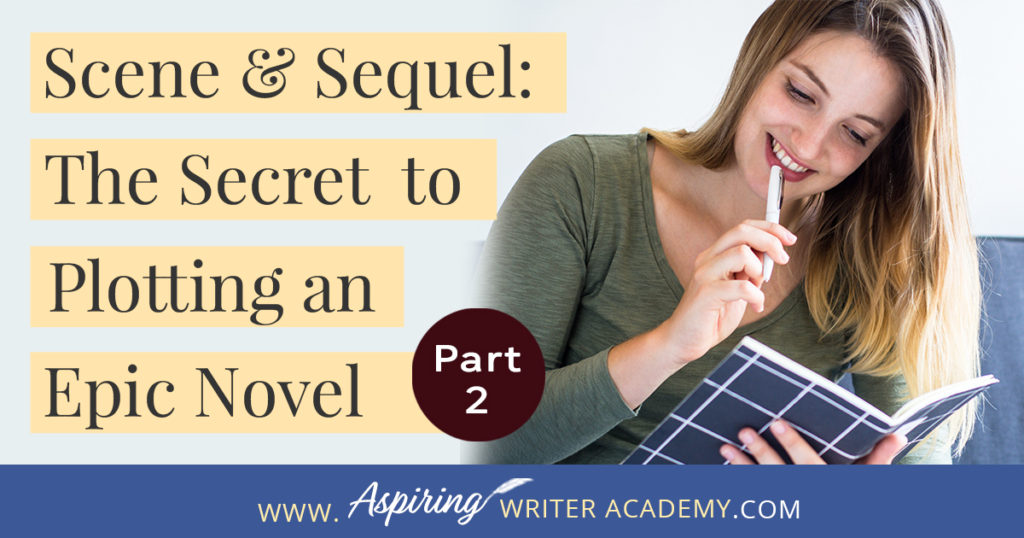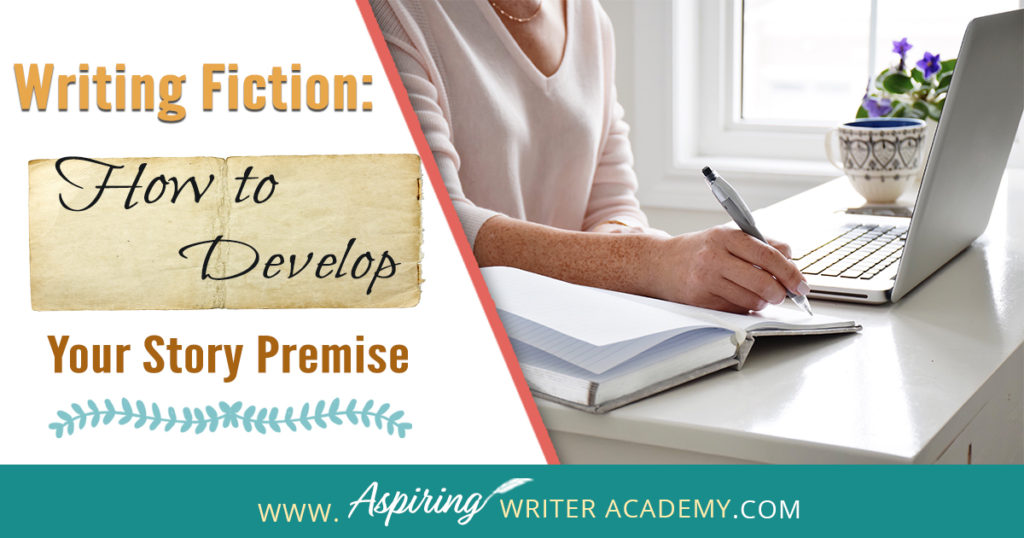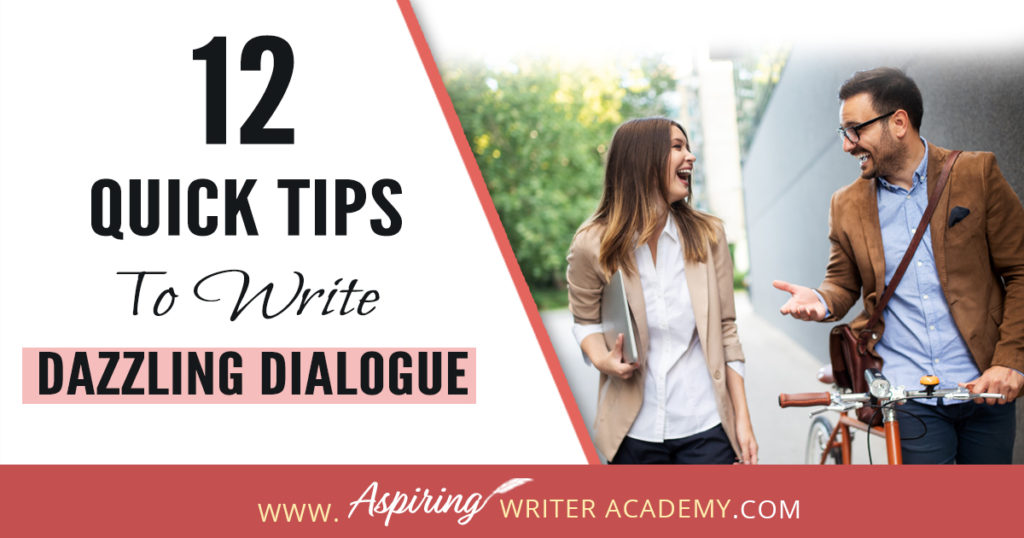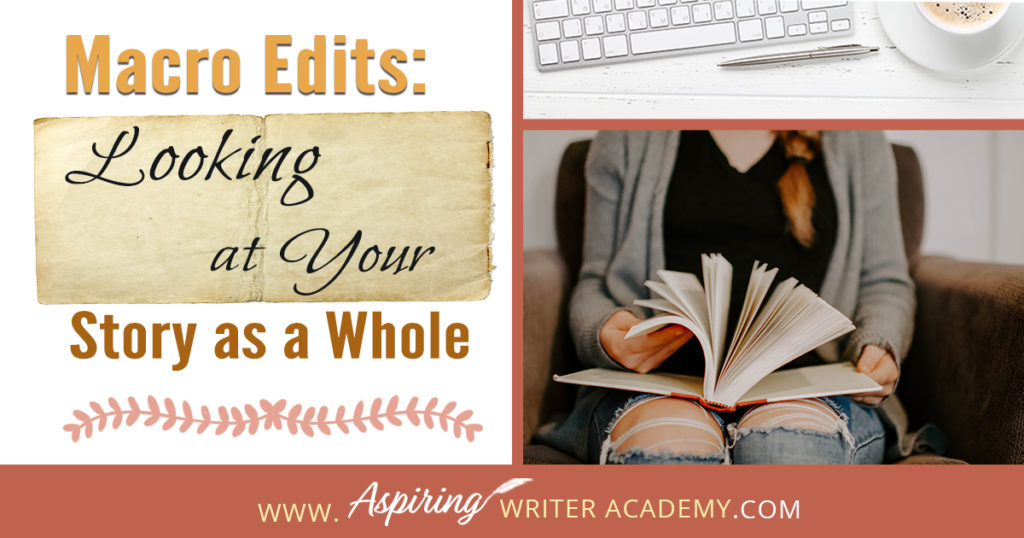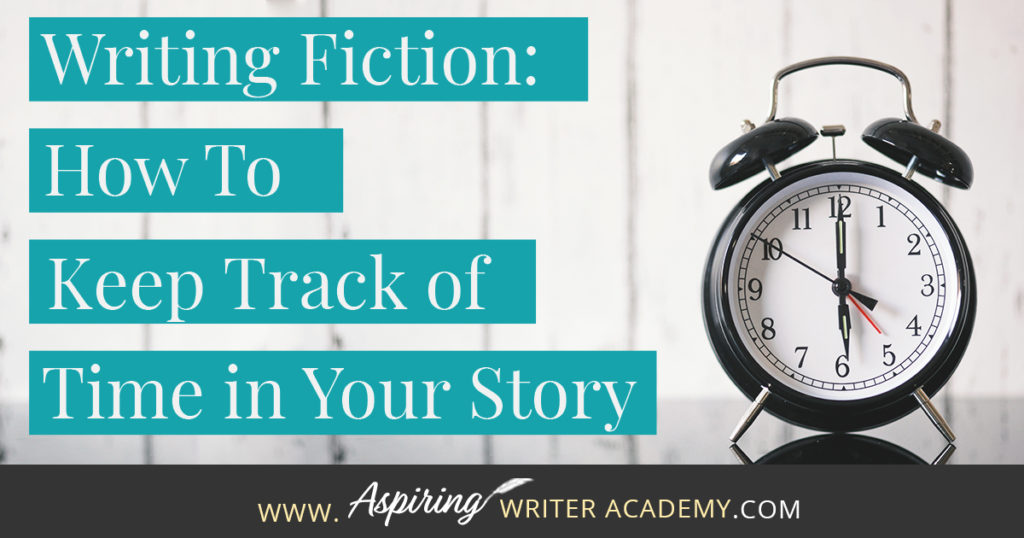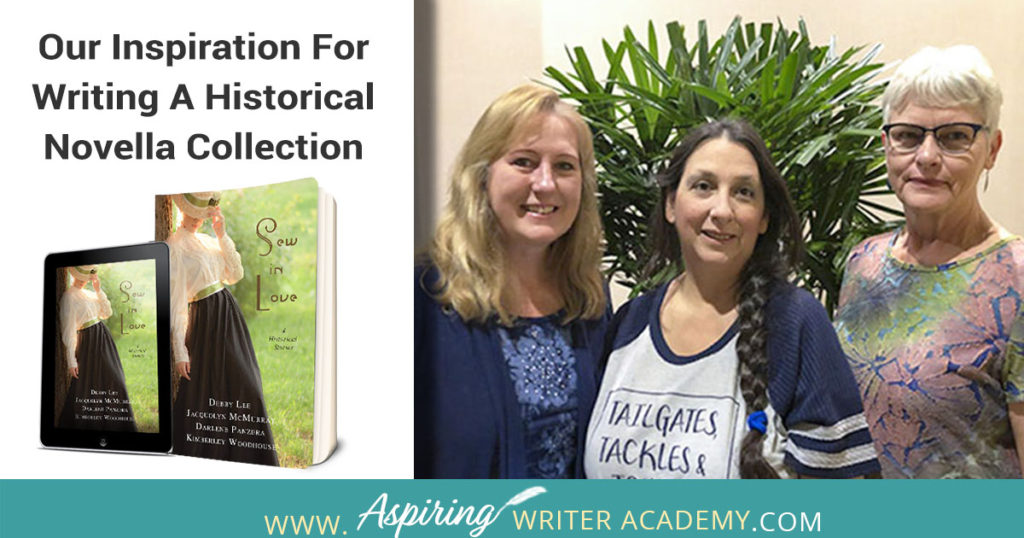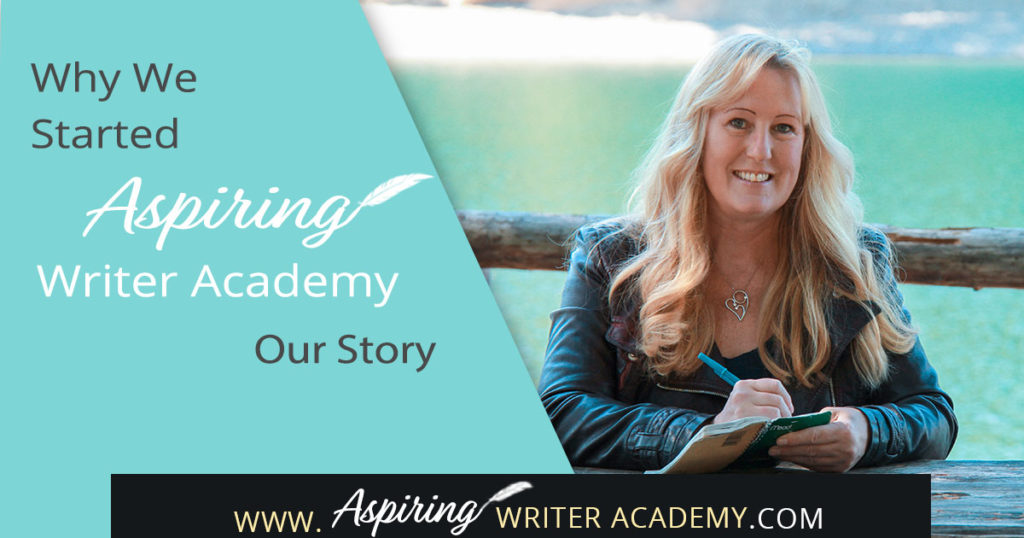Posts Tagged ‘Writing Fiction’
5 Questions to Create Believable Villains
What is the difference between an antagonist and a villain? What motivates a villain to do heartless, hurtful, vindictive, terrible things? How can you bring the villain in your fictional story to life for your reader in an identifiable, believable, understandable way?
In our post, 5 Questions to Create Believable Villains, we explore the first questions you should ask when you start to brainstorm this type of character for your story.
Why Your Characters Need Story-Worthy Goals
Have you ever been told by an agent or editor, reviewer, critique partner, or reader that your writing was blah because your main character’s goal was weak, not strong enough, that it wasn’t ‘story-worthy?’
What does ‘story-worthy’ even mean?
In the post below, we will discuss what makes a goal story-worthy so that you can write engaging stories that hold your reader’s attention from beginning to end.
3 Levels of Goal Setting for Fiction Writers
Before you sit down to write a book, set yourself up for success by getting clear on what you hope to achieve.
Why do you want to be a writer? Do you have a career plan? What is the purpose for your story? Are your character’s goals strong enough to impact readers?
In the post below, we show you how to set S.M.A.R.T. goals on three distinct levels: Goals for you (the author), Goals for your story, and Goals for your fictional characters.
25 Quotes, Tips, and Advice from Famous Authors
Are you an aspiring writer who could use some guidance from others while writing your next manuscript or attempting to finish your next big literary project? Let some of these famous authors become your mentors as they deliver their tips and advice below.
Read MoreFiction Writing: How to Name Your Cast of Characters
Choosing names for the characters in your fictional story can be done at random, like drawing names out of a hat, or purposely planned out to add greater depth and meaning to the tale you desire to tell.
Whichever method you choose, you may want to consider using our top 5 suggestions for Fiction Writing: How to Name Your Cast of Characters to make each name recognizable, distinguished, and easy to remember for both you and your readers.
How to Captivate Your Readers with Scene-Ending Hooks
One of the best lines of praise a writer can receive from a reader is, “Your story was so good I couldn’t put it down!” This is the kind of story that is often referred to as a ‘page-turner.’ The reader becomes so involved in the unfolding events of the story that they cannot stop reading because they do not want to miss out on what happens next. Would you like to write a story like that? If so, keep reading as we outline How to Captivate Your Readers with Scene-Ending Hooks.
Read MoreAuthor Chats: Cara Grandle & Her Path to Publishing Fiction
Debut author, Cara Grandle, tells us what it’s like to pursue a fiction writing career and how she got her first contract with a traditional publisher, published her first book, The Rock, and how she set up her first book signing. Learn valuable tips and gain fresh insight into both the writing life and the publishing process in this fun interactive interview conducted by Darlene Panzera.
Read More45 Motivational Quotes for Aspiring Writers
Why do we need 45 Motivational Quotes for Aspiring Writers?
Because creating a piece of written work worthy of publication is no easy task! Day after day we sit at our computers working long hours and sometimes it can take months or even years before we see any results. While all writers need regular doses of encouragement, it is especially imperative that aspiring writers who are still learning or who have not yet been published find ways to maintain their motivation.
Read More50 Top Resource Books for Fiction Writers
Aspiring Writer Academy recommends these 50 Top Resource Books for Fiction Writers. While there are numerous books available in bookstores and online that offer fantastic teaching, inspiration, and advice about the writing and publishing industry, we have narrowed the options down to help you boost your fiction writing career.
Read MoreScene & Sequel: The Secret to Plotting an Epic Novel (Part 2)
A good story is about a character who ACTS. His actions and decisions drive the story forward. However, many aspiring writers string together scenes that an editor might call ‘episodic.’ What is ‘episodic?’ This is when your character seems to enter a scene without a clear scene goal or intention of pursuing a scene goal, and a random event occurs causing the character to react. Then another disaster happens to this character in the next scene or the character gets more bad news.
Read MoreScene & Sequel: The Secret to Plotting an Epic Novel
Scene & Sequel: The Secret to Plotting an Epic Novel
(Part I)
Ever feel ‘stuck’ while writing or had your story called ‘episodic’ or ‘unmotivated?’ Do you have a hard time moving your story forward in a way that grips the reader?
Learn the individual components of Scene & Sequel to structure your scenes, advance the plot, and increase the stakes with each character decision.
Writing Fiction: How to Develop Your Story Premise
“What is your story about?”
Can you answer that question about your work-in-progress in one, clear, concise sentence?
If not, you may need to take some time to craft your story premise.
A story premise, also referred to as a logline, is a single sentence (sometimes two) that acts as the foundation of your story.
12 Quick Tips to Write Dazzling Dialogue
Dialogue can be challenging to write. It takes time and practice to craft conversations that are believable, meaningful, serve to push the plot forward, and hold the attention of the reader. To help you improve your craft of fiction writing and make your character’s lines sparkle, we have created a list of 12 Quick Tips to Write Dazzling Dialogue.
Read More10 Questions to Ask When Creating Characters for Your Story
You have decided that you want to delve into the world of fiction and write a story. Great! You even have an awesome story idea that you’ve been playing around with in your head. Great! Now…what kind of characters could be in a story like this? And most importantly, who will be the protagonist—the main character of your story?
Read MoreMacro Edits: Looking at Your Story as a Whole
After you have finished writing the first full draft of your novel, you may want to set it aside for a few weeks before going straight into edits to give your brain time to refresh. Giving yourself time to distance from the story allows you to come back to it with a different perspective. This is exactly what you will need for the first round of revision—macro edits.
Read MoreWriting Fiction: How To Keep Track of Time in Your Story
Have you ever read a story where the timeline didn’t make sense?
When writing a fictional story, using a ‘story calendar’ will help you keep track of time between each of your scenes to avoid confusion and keep your story believable and accurate.
Behind the Scenes: Interview with the Authors of the “Sew in Love” Collection
Behind the Scenes: Interview with the Authors of the “Sew in Love” Collection.
Read MoreOur Inspiration For Writing A Historical Novella Collection
Q & A with the authors of the Sew in Love Collection: Jacquolyn McMurray, Debby Lee, and Darlene Panzera.
Read MoreBrainstorming Story Ideas: Where to Find Them
One of the top questions an author gets asked is: How do you come up with the ideas for your stories? In this blog post, we give you 3 useful resources and 3 Smart Writer Tips to help you find the inspiration you need to start writing fabulous fiction.
Read MoreWhy We Started Aspiring Writer Academy: Our Story
Hi, I’m Darlene Panzera, co-owner of Aspiring Writer Academy and I would like to share why my daughter, Samantha, and I started a blog on writing and publishing.
Read More
